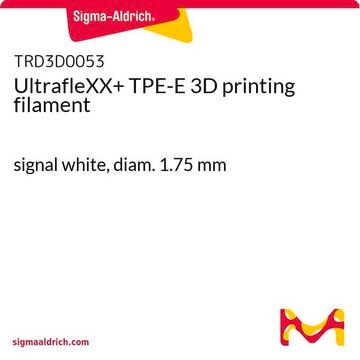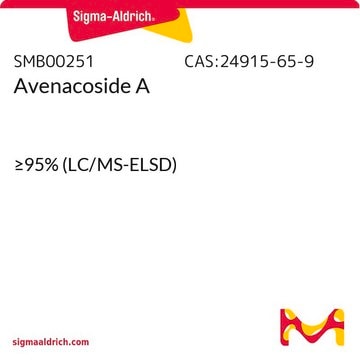About This Item
Recommended Products
biological source
synthetic
Quality Level
Assay
≥99%
refractive index
n20/D 1.443 (lit.)
bp
194-197 °C
84 °C/10 mmHg (lit.)
density
0.837 g/mL at 20 °C
0.784 g/mL at 25 °C (lit.)
application(s)
flavors and fragrances
Documentation
see Safety & Documentation for available documents
food allergen
no known allergens
Organoleptic
lime; citrus
SMILES string
CC(CCCC(C)(C)O)C=C
InChI
1S/C10H20O/c1-5-9(2)7-6-8-10(3,4)11/h5,9,11H,1,6-8H2,2-4H3
InChI key
XSNQECSCDATQEL-UHFFFAOYSA-N
Looking for similar products? Visit Product Comparison Guide
General description
Disclaimer
Signal Word
Warning
Hazard Statements
Precautionary Statements
Hazard Classifications
Eye Irrit. 2 - Skin Irrit. 2
Storage Class Code
10 - Combustible liquids
WGK
WGK 1
Flash Point(F)
168.8 °F - closed cup
Flash Point(C)
76 °C - closed cup
Choose from one of the most recent versions:
Already Own This Product?
Find documentation for the products that you have recently purchased in the Document Library.
Our team of scientists has experience in all areas of research including Life Science, Material Science, Chemical Synthesis, Chromatography, Analytical and many others.
Contact Technical Service









